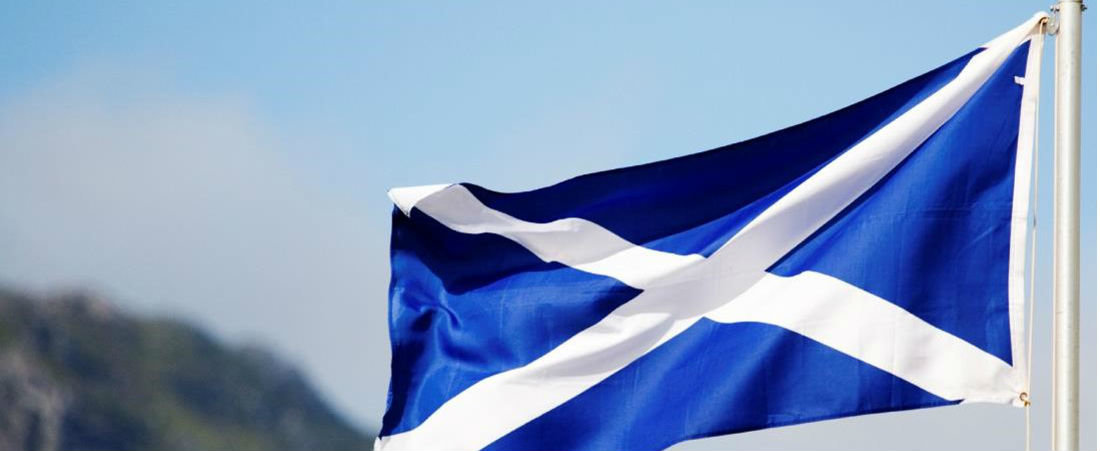Katie Russell and Ailsa Williams on three days in the “Granite City” of Aberdeen
The SNP has always been a party able to hold contradictory positions under the banner of nationalism. Their conference this year was no exception, and demonstrates the strength of the nationalist cause, enabling the party to be genuinely united in the face of some serious contradictions and conflicts. We consider three main ones here.
Firstly, grassroots vs professional politics. Something very different about SNP conference was the genuine friendship and camaraderie among the membership, who were by far the majority of delegates, far outnumbering those with corporate passes.
There was a family feel that contrasted with the other conferences we’ve been to. Even the most senior SNP politicians wandered around the conference centre without bag carriers, and seemed to genuinely enjoy chatting to members. This was a grassroots conference, there to bring members and their elected politicians together.
And yet, the presentation and message discipline of those politicians was equally as impressive. From how they described a second referendum – “only when the people of Scotland want it” – to dealing with difficult questions about one of their new MPs being linked to mortgage fraud, they very much looked like professional politicians.
Secondly, the contradiction of friendly vs aggressive politics. As individuals, the delegates were extremely friendly, happy to chat about how many conferences they’d been to, who their favourite politicians were, or even where to charge your laptop. The politicians, too, wanted everyone on their best behaviour, with Angus Robertson MP forcing delegates to offer The Times a lacklustre round of applause for sponsoring a fringe event and providing lunch. They clearly wanted to be the perfect hosts.
But the sense of betrayal and bitterness at losing the referendum had not healed in the year that had passed. When members spoke, their narrative was clear: the London media and Westminster politicians had duped the people of Scotland; scaring them that they risked losing something very significant if they voted “yes”. No party conference is complimentary about the media, but the visceral hatred for every major news outlet’s coverage of the referendum and the SNP was striking. At the BBC fringe meeting, tensions boiled over, where members accused the Corporation of telling “more “half-truths and lies” than the Nazis.
Anger is a common theme at party conferences especially on the fringe, but it’s often directed at other wings of the party. What was unusual about this was the collective and universal anger towards the whole of the “Westminster-establishment-London-media”.
Thirdly and most significantly, the tension between left and right within the party. What many forget is that senior politicians within the SNP are genuine friends. They have “grown up” together in politics, and fought valiantly together under the banner of nationalism. No Blair/Brown acrimony here. This has enabled them to form a party with a genuinely diverse range of political views. So on Friday we saw tub-thumping speeches including by newly elected MP Mhairi Black who said she was “tired of being lectured by Tories as to why austerity is essential”, and by delegates against military intervention by the “would-be war mongers” in London. Immediately afterwards, deputy First Minister John Swinney gave a centrist speech on economic competence and delivery, in which he announced that Scotland would implement the Tory Chancellor’s proposals on business rate retention even quicker than Westminster.
All of this to the same rapturous applause, whooping and standing ovations.
On reflection, we think that Isabel Hardman was right in her analysis – that the very worst thing for the SNP would be independence as it would mean that “all these differences would be far more obvious and difficult to resolve”.
Party conferences are always useful for organisations to better understand political parties’ key people and policies. But this was all the more useful because engaging with the SNP has been a relatively new challenge for many UK businesses, trade associations and charities. We’d say it is certainly worth going to conference next year to get to know the politicians and the party, and to enjoy the excellent hospitality north of the border!

